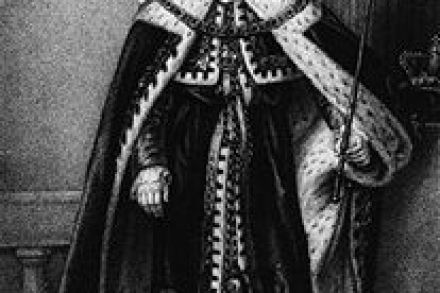All about sex
The Song of Lunch (BBC2) was a rum old go. Christopher Reid’s poem, about a publisher half-hoping to rekindle a past love affair over an Italian meal, was read out by Alan Rickman, who acted the publisher and recreated the lines on film. The Song of Lunch (BBC2) was a rum old go. Christopher Reid’s poem, about a publisher half-hoping to rekindle a past love affair over an Italian meal, was read out by Alan Rickman, who acted the publisher and recreated the lines on film. Thus, when the poet wrote, ‘he drinks until the ice rests on his upper lip’, you see the ice, actually resting on his upper

















